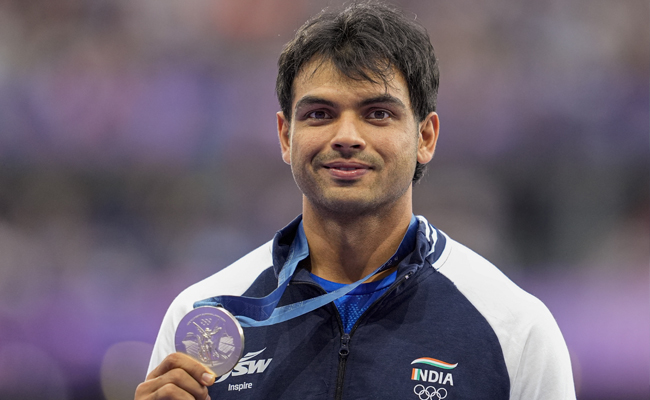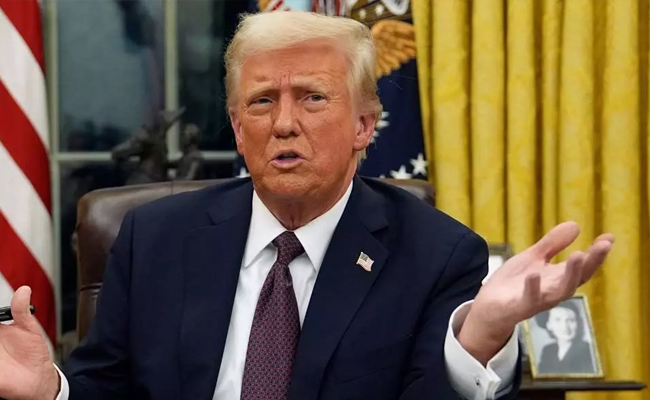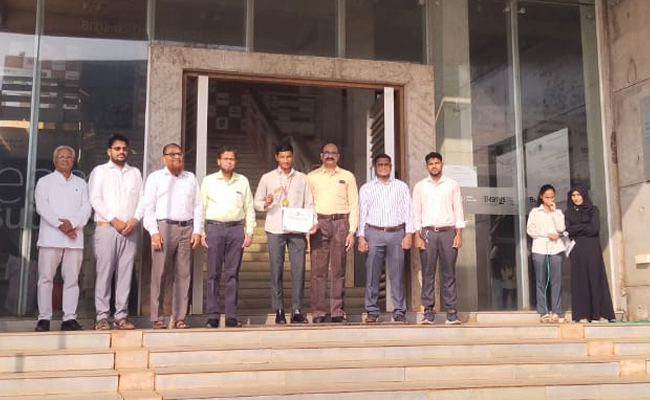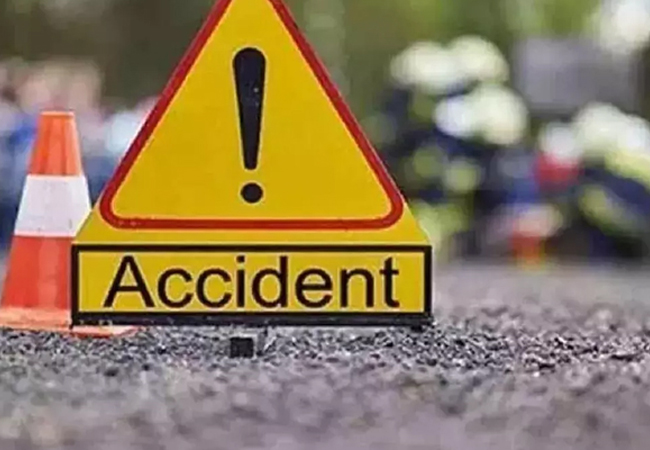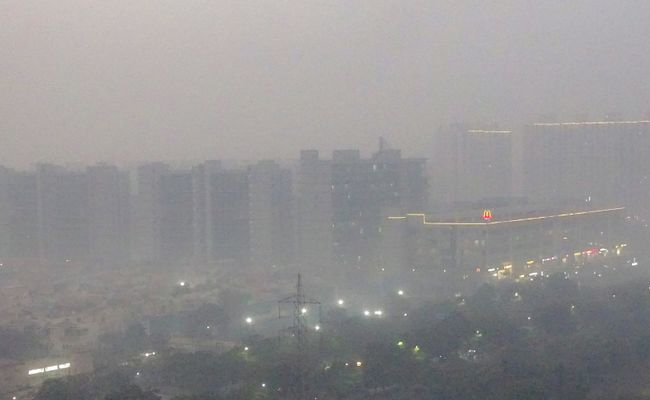New Delhi (PTI): India's double Olympic medallist javelin thrower Neeraj Chopra on Saturday confirmed his participation at the upcoming Diamond League meet in Lausanne on August 22.
Nursing a long-standing groin injury, Chopra claimed a silver medal in the recently-concluded Paris Olympics, having won a historic gold in the Tokyo edition of the Games three years ago.
"... I have finally decided to participate in the Lausanne Diamond League, which begins August 22," Chopra said during a virtual interaction.
After a busy couple of days post the Olympic final on August 8, Chopra started training in Switzerland and is determined to finish the season on a high despite being restricted by the injury.
Following the season-ending Diamond League in Brussels from September 13-14, Chopra will consult the doctors on his groin injury with surgery being the most likely option.
"The final treatment will be after the season ends. There is just one month left. I will try to take care of it as much as possible and consult the doctors later.
"I was thinking of just the Zurich Diamond League and the final. But thankfully, the injury is fine.
"It usually gets worse after competition but this time Ishan (physio Marwaha) bhai treated me in Paris. I would like to thank him. He has been with me since 2017 and has helped me through injuries and surgeries," Chopra said.
The 26-year-old has been managing the injury since winning the gold in the World Championships last year.
Chopra needs to finish in the top-six of the Diamond League Meetings series to qualify for the season finale in Brussels.
"I came to Switzerland for training ahead of the Diamond League. Luckily, I did not aggravate my injury as I took extra care of that. I thought of continuing my season like most other athletes. There is one month to go until the season ends. I will go to the doctors in my free time," he said.
A back-to-back medal at the Summer Games was a monumental feat for an Indian athlete but his throw was way short of Arshad Nadeem's sensational 92.97m that comfortably secured a historic gold for the Pakistani.
Let the Truth be known. If you read VB and like VB, please be a VB Supporter and Help us deliver the Truth to one and all.
New York/Washington (PTI): US President Donald Trump has repeated his claim of resolving the India-Pakistan conflict and asserted that Islamabad's leadership credited him for saving millions of lives.
"We stopped a potential nuclear war between Pakistan and India. And the head of Pakistan, a highly respected General, he's a Field Marshal and also the Prime Minister of Pakistan, said President Trump saved 10 million lives, maybe more...,” Trump said Monday.
He made these remarks at Mar-a-Lago, Florida, flanked by Defence Secretary Pete Hegseth, Navy Secretary John Phelan, and Secretary of State Marco Rubio.
“You know, eight planes were shot down. That war was starting to rage, and he actually said the other day that President Trump saved 10 million lives, maybe more. So we solved all these wars. The only one I haven't solved yet is Russia, Ukraine,” he said.
ALSO READ: Man murders colleague, dumps body in water tank in Palghar; held
Since May 10, when Trump announced on social media that India and Pakistan had agreed to a “full and immediate” ceasefire after a “long night” of talks mediated by Washington, he has repeated his claim over 60 times that he “helped settle” the tensions between the two neighbours.
New Delhi has consistently denied any third-party intervention.
India launched Operation Sindoor on May 7, targeting terror infrastructure in Pakistan and Pakistan-occupied Kashmir in retaliation for the April 22 Pahalgam attack that killed 26 civilians.
India and Pakistan reached an understanding on May 10 to end the conflict after four days of intense cross-border drone and missile strikes.

